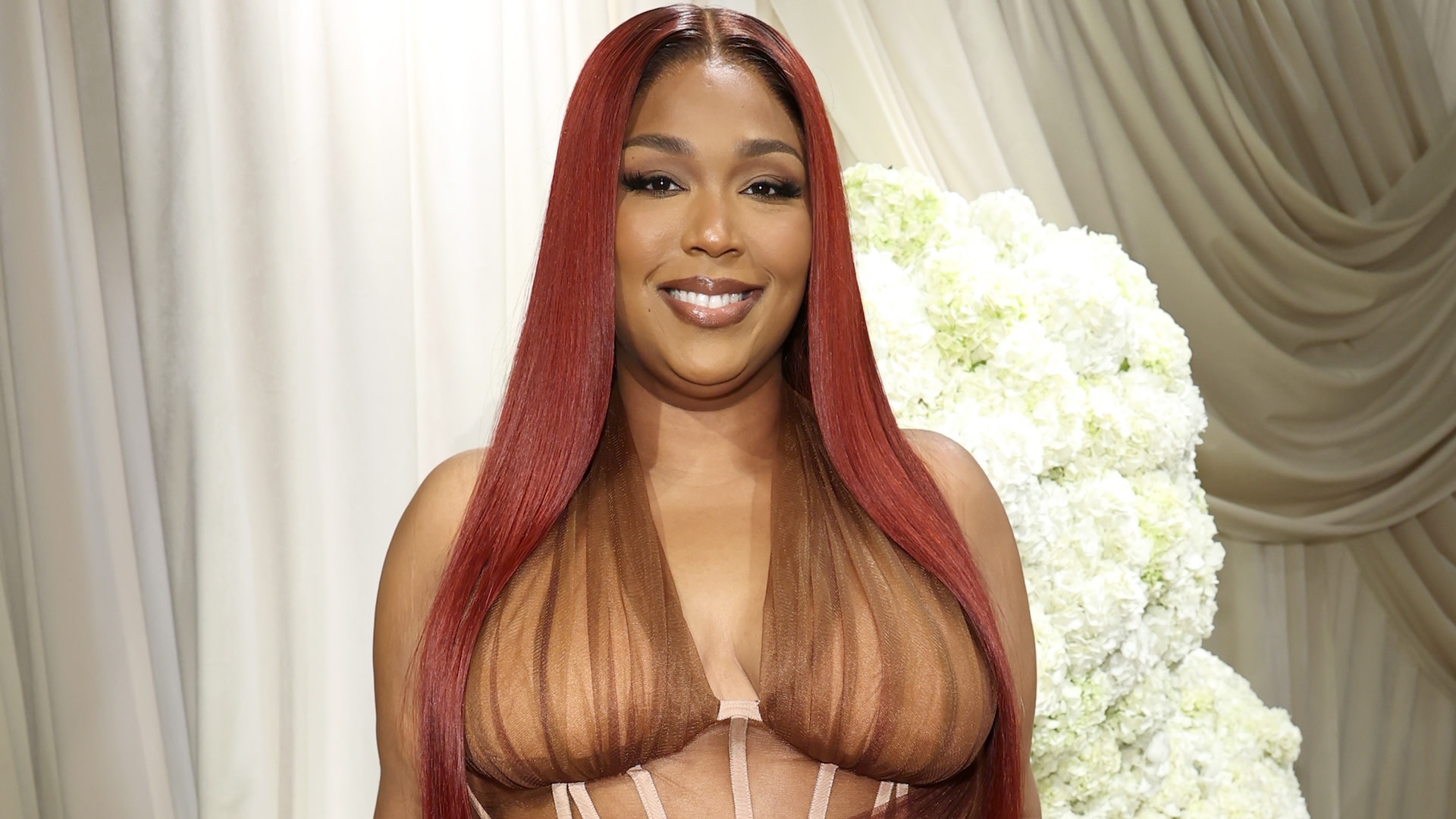Lizzo Says the Origins of ‘Sampling Laws’ Are ‘Racist’

Lizzo has some strong feelings about sampling laws.
The 37-year-old appeared on Million Dollaz Worth of Game, where, amid discussing the release of her latest mixtape, My Face Hurts from Smiling, she declared that the origins of sampling laws are “racist.”
“The first time people started sampling was who? It was rappers in the 80s and 90s,” she said at around the 36:30 minute mark.
“They were sampling records because they didn’t have access to big studios. They didn’t grow up learning how to play bass and stuff like that. They created the genre of hip-hop through sampling records in their parents’ vinyls and stuff. There were no sampling laws back then.,” she added. “It was all a free-for-all. So, they was just outside, just like, ‘Okay, this is just what it is.’ And then hip-hop was born, and it was this beautiful thing.”
izzo then mistakenly cited Sir Mix-a-Lot as the first rapper to get sued for sampling music, when she might have been thinking about Biz Markie. In 1991, music publisher Grand Upright Music sued him and his label, Warner Bros. Records, for a sample he used on his I Need a Haircut album track, “Alone Again.” Rather than ask for royalties, Warner was directed to shelve Markie’s album until the song was removed.
Prior to that, in 1989, The Turtles sued De La Soul for a sample used on the rap group’s album, 3 Feet High and Rising. The case was settled out of court.
“I just feel like the theft of it all, putting theft on black culture, that’s the part that kind of turns me off,” Lizzo added. “Hip-hop’s medium was sampling. Sampling is a Black art that bred hip-hop. Hip-hop was born from sampling. And now sampling is synonymous with theft.”
She then clarified that she believes the “origins” of sampling laws were “racially charged.”
“It was policing Black art,” she said. “I think now, of course, they had to regulate some sort of thing, and there’s certain things that are fair and unfair. I get it. But when you’re suing people off of a vibe, it’s like, man, that’s the vibe of my song.”
Lizzo has been previously outspoken about how racism has impacted her music, when she talked to Entertainment Weekly about the “racist origin” of pop music.
‘I think if people did any research they would see that there was race music and then there was pop music,” she said.
